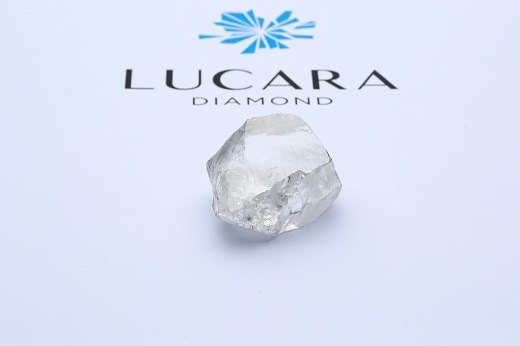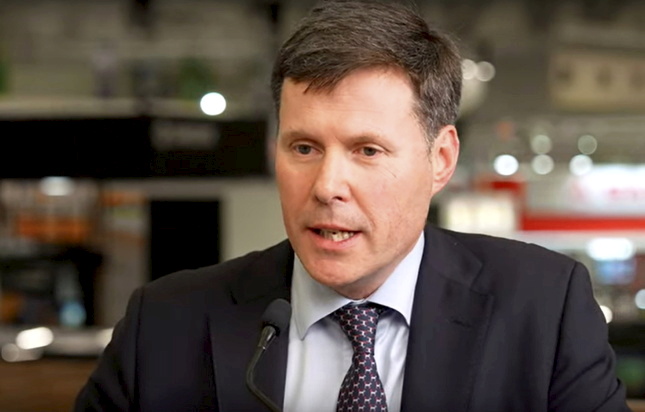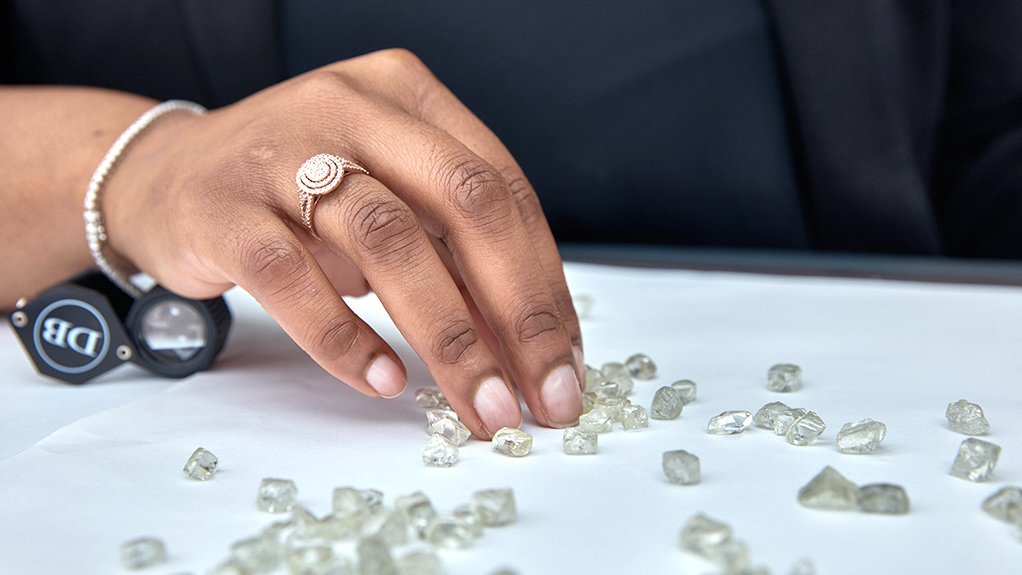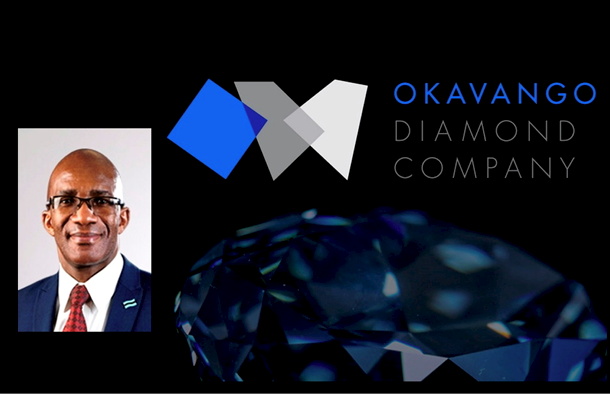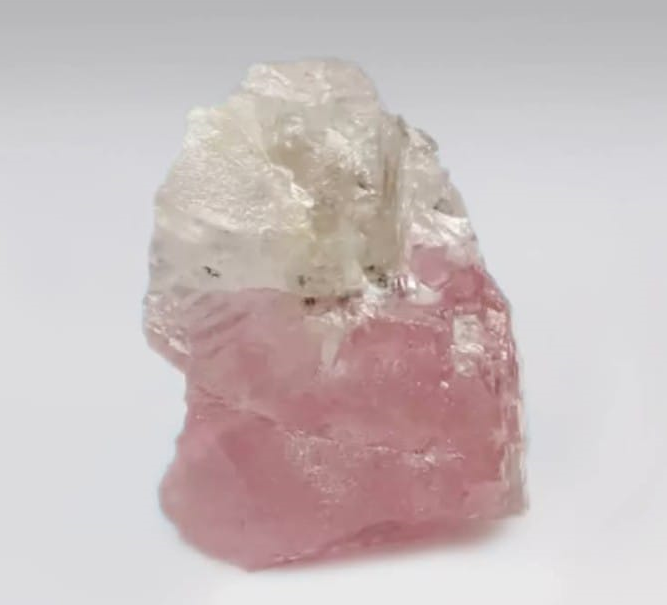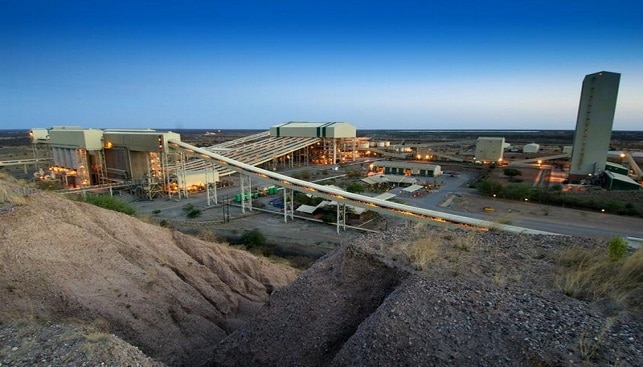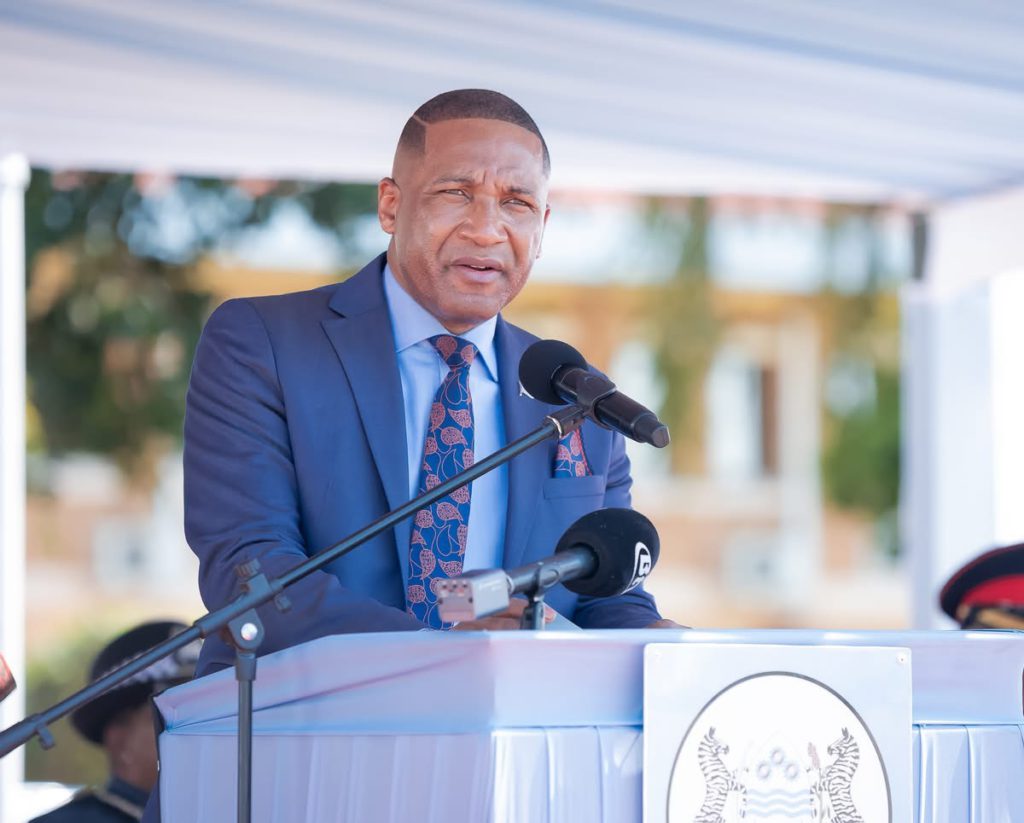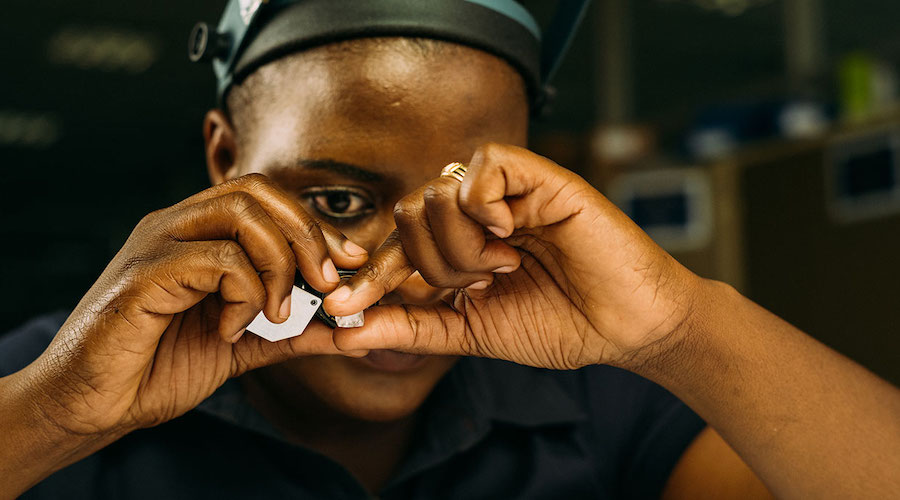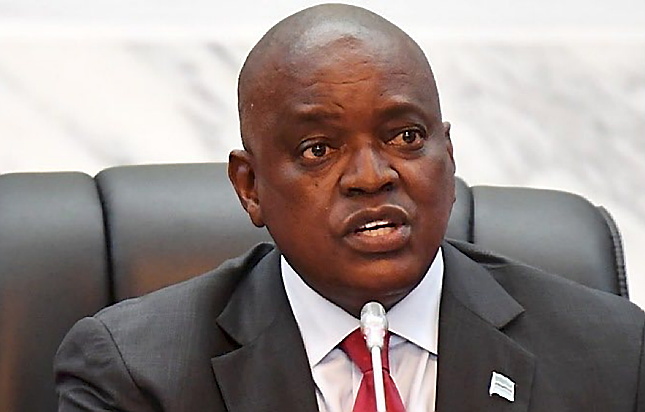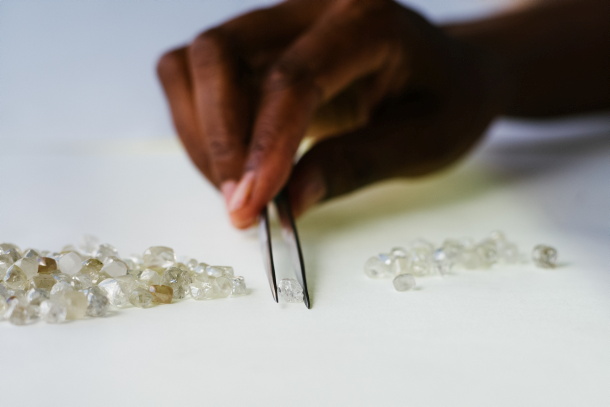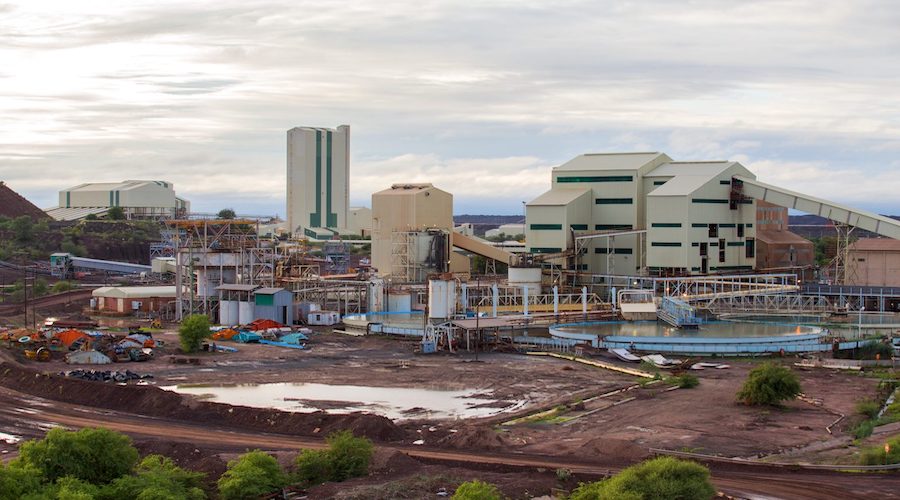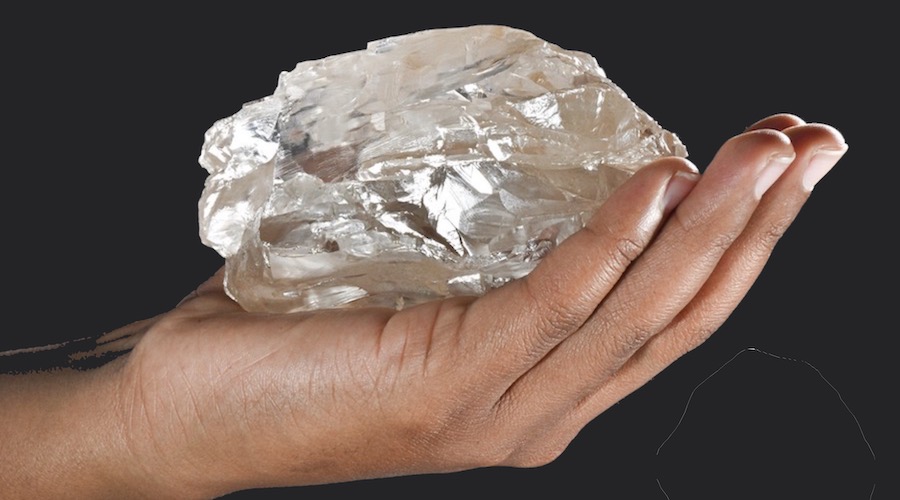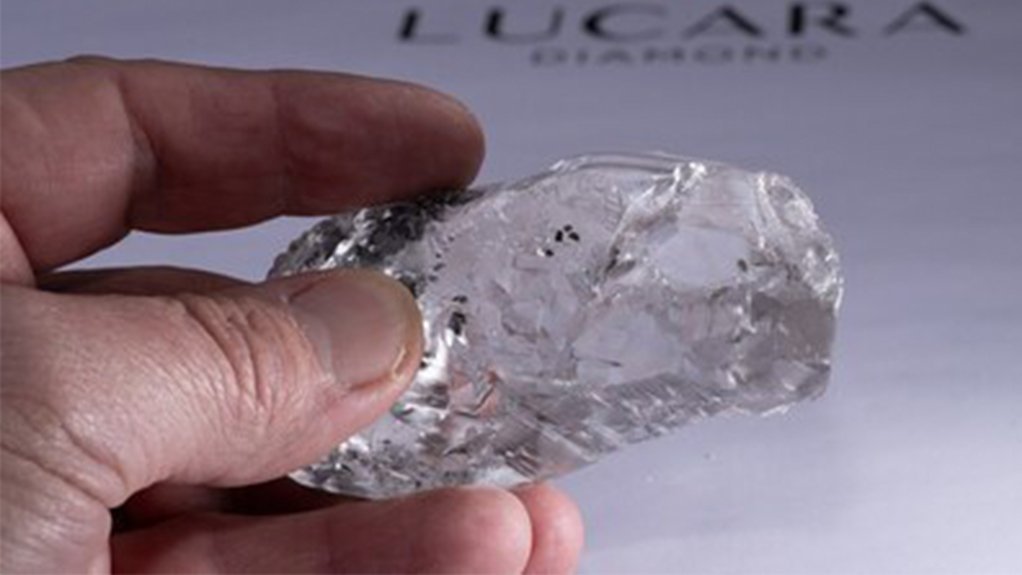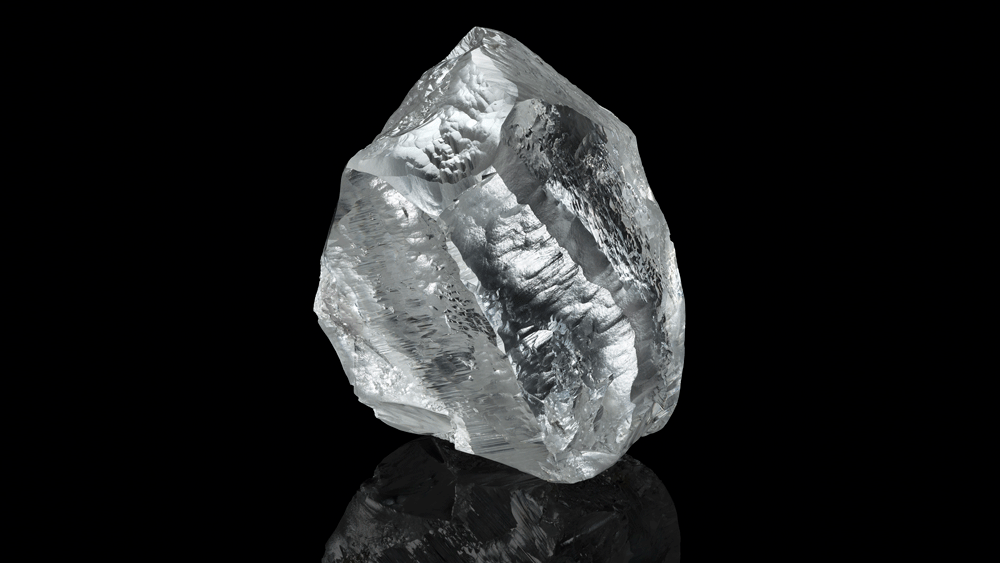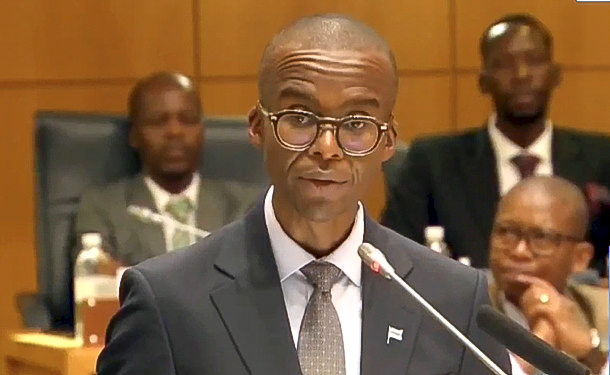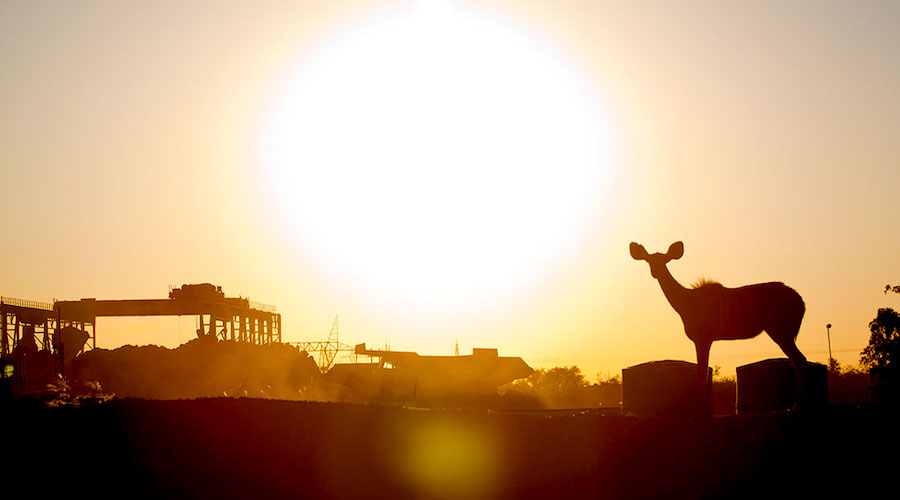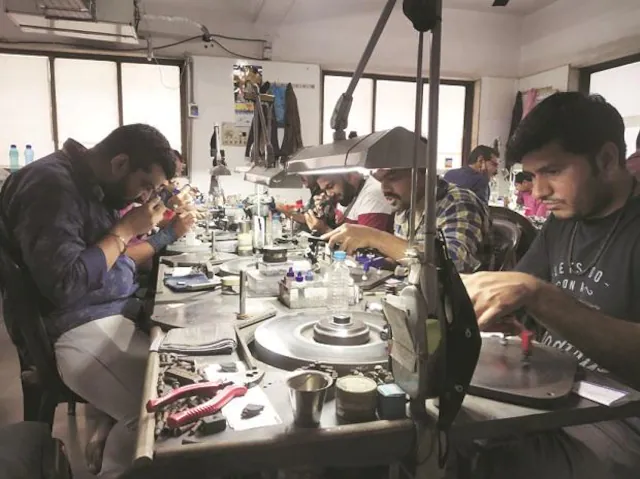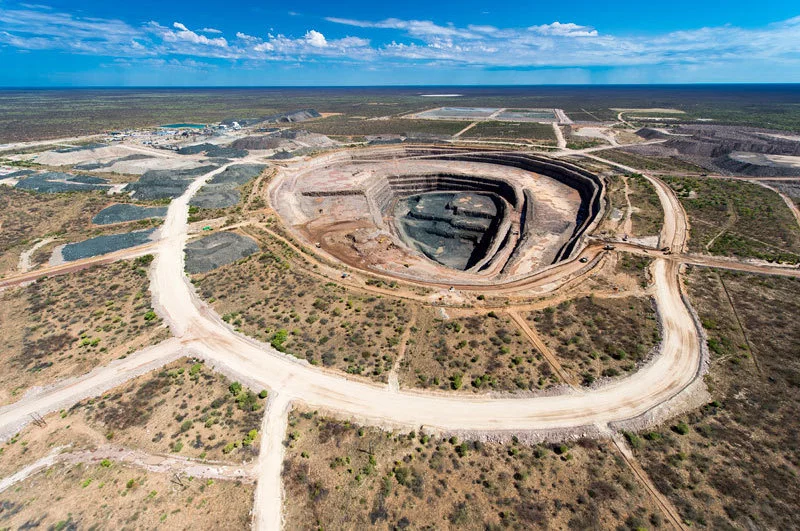
Aim- and BSE-listed Botswana Diamonds has been awarded eight new prospecting licences covering approximately 7,000 km² in north-western Botswana, marking a strategic expansion into copper exploration, with additional potential for gold and other critical minerals.
The licences, valid until 31 December 2028, were identified through an extensive AI-driven analysis of the company’s 95,000 km² Botswana-focused exploration database. This dataset includes comprehensive geophysical survey information, which highlighted strong prospectivity for copper, alongside indications of gold and energy-transition metals.
The same proprietary AI technology has previously delivered notable success in diamond exploration, identifying six previously unreported kimberlite-prone areas for which Botswana Diamonds also holds licences.
The company said the move into copper reflects ongoing weakness in the global diamond market, combined with robust and growing demand for copper and other minerals critical to the global energy transition.
Botswana Diamonds highlighted Botswana’s stable operating environment and strong geological potential, noting active copper mining and exploration in the country. Established operators include MMG and Sandfire Resources, while exploration activity is also being undertaken by Cobre, which has a joint venture with BHP, as well as Kavango Resources, Galileo Resources and Aterian.
Initial discussions have already commenced with potential partners regarding joint venture opportunities to advance exploration across the newly awarded licences. The company plans to undertake close-spaced geophysical and geochemical surveys to define priority drill targets.
Despite the diversification, Botswana Diamonds confirmed it remains committed to its core diamond strategy and will continue to monitor market conditions and capital deployment into its diamond assets.
Chairperson John Teeling said the latest AI analysis had delivered “exceptional results”, following the earlier identification of kimberlite-prone ground that led to the discovery of six previously unknown anomalies.
“The outcomes were outstanding. We have now secured eight prospecting licences covering many of these areas. Copper and other energy-related minerals are critical to the energy transition for a greener future,” Teeling said on 26 January.
He added that while the diamond market is currently under pressure, the company’s long-term focus on diamonds remains unchanged.
“These market conditions will improve, and this strategy allows us to continue progressing as a mining company while remaining committed to diamonds over the longer term. In the meantime, there has been strong third-party interest in both our technology and our results, creating clear potential to advance these licences efficiently through partnerships and structured exploration programmes,” Teeling said.
Source: DCLA

